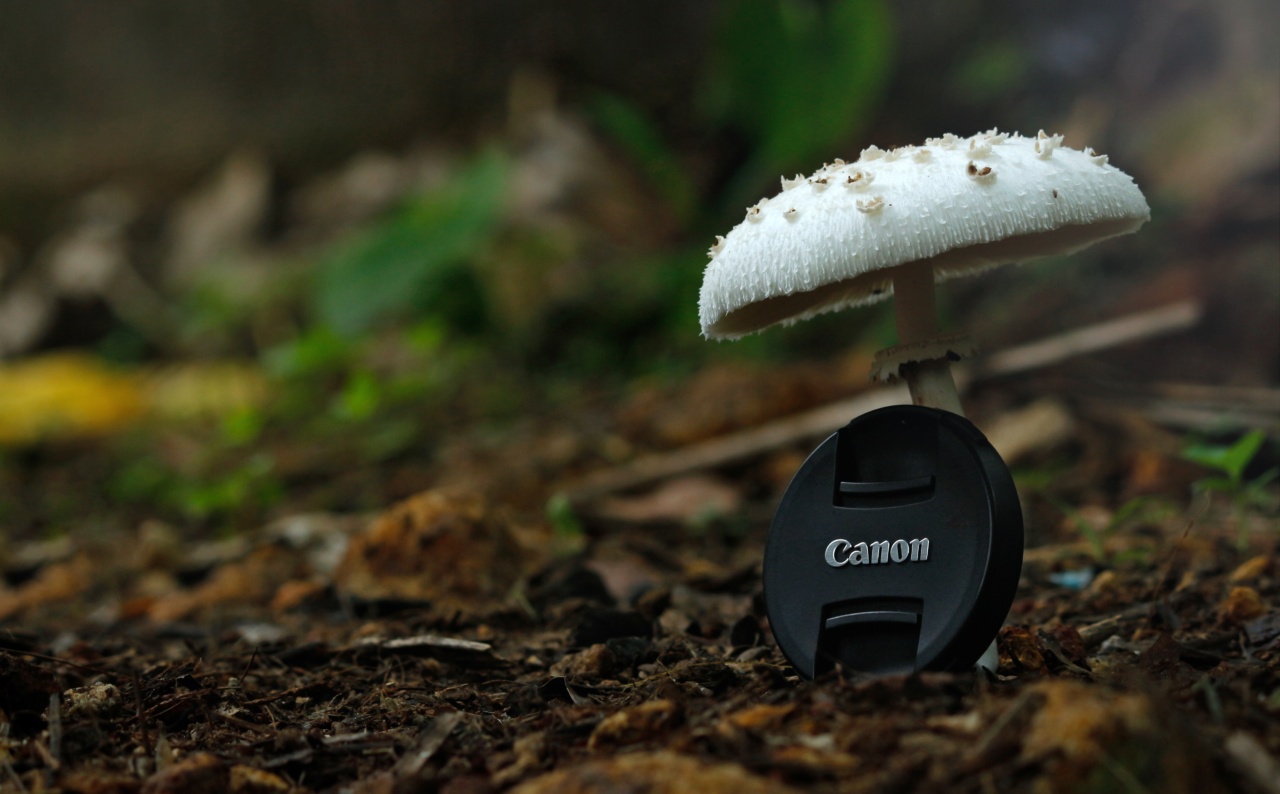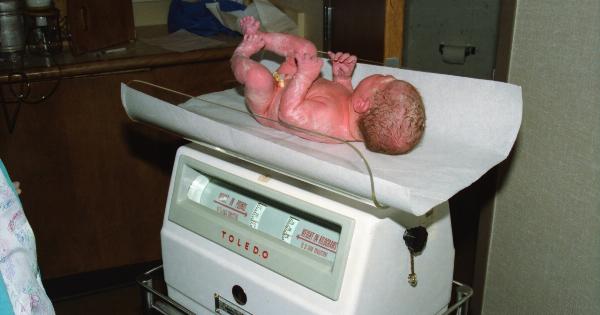Introducing solid foods into a baby’s diet can be an exciting milestone for both parents and babies. However, it is crucial to be mindful of potential allergens during this process.
Allergies can cause various symptoms, ranging from mild discomfort to severe reactions. By eliminating common allergens from a baby’s diet, parents can reduce the risk of allergic reactions and promote their child’s overall well-being.
In this article, we will explore the importance of eliminating allergens from a baby’s diet and provide practical tips on how to do so effectively.
The Impact of Allergens on Babies
Allergens are substances that can trigger an immune response in the body. In babies, certain allergenic foods can cause allergic reactions, which may manifest as skin rashes, hives, digestive issues, respiratory problems, or even anaphylaxis.
It is crucial to identify and eliminate these allergens to protect the health and safety of infants.
Common Allergenic Foods
Some foods are more likely to cause allergies in infants compared to others. These common allergenic foods include:.
- Eggs
- Milk
- Peanuts
- Tree nuts (such as almonds, cashews, and walnuts)
- Soy
- Wheat
- Fish
- Shellfish
When to Introduce Solids
It is generally recommended to introduce solid foods to babies around six months of age. At this stage, infants have increased nutritional needs that cannot be met by breast milk or formula alone.
However, it is essential to consult with a pediatrician or healthcare professional to ensure that your baby is developmentally ready for solids and to discuss any specific concerns regarding allergens.
Preventing Allergies through Breastfeeding
Breastfeeding is one of the best ways to protect babies from allergies. Breast milk contains essential nutrients and immune factors that help strengthen the baby’s immune system.
Exclusive breastfeeding for the first six months can significantly reduce the risk of allergic reactions. If possible, continue breastfeeding while introducing solid foods into your baby’s diet.
Introduction Strategies
When introducing solid foods, it is advisable to take a gradual and systematic approach. Start with single-ingredient purees and wait a few days before introducing a new food.
This method helps identify any potential allergens that may cause adverse reactions. If your baby has a known family history of allergies, it is even more crucial to be cautious and introduce foods one at a time.
Reading Food Labels
Reading food labels is an essential skill for parents of babies with potential allergies. Learn to recognize allergenic ingredients such as eggs, milk, peanuts, soy, wheat, fish, and shellfish.
Cross-contamination is also a concern, so look for clear labeling regarding the presence of allergens in the manufacturing facility.
Alternative Ingredients and Substitutions
Luckily, there are numerous alternative ingredients and substitutions available for babies with allergies. Here are some examples:.
- For cow’s milk allergy: Use hypoallergenic formulas or try substitutes like almond milk, rice milk, oat milk, or coconut milk.
- For egg allergy: Substitute eggs in recipes with mashed bananas, applesauce, or commercial egg replacers.
- For wheat allergy: Opt for gluten-free grains like quinoa, rice, or amaranth.
- For peanut allergy: Use alternatives like sunflower seed butter, almond butter, or soy nut butter.
Seeking Professional Guidance
If you suspect or have confirmed your baby’s allergy, it is crucial to consult with a pediatrician or a healthcare professional. They can provide accurate diagnosis, guidance, and recommend an appropriate elimination diet.
Working together with a professional ensures your baby’s nutritional needs are met while safely avoiding allergenic foods.
Monitoring for Allergic Reactions
As you introduce new foods to your baby, it is essential to monitor their reactions closely. Look out for any signs of allergic reactions such as skin rashes, hives, swelling, vomiting, diarrhea, or respiratory distress.
If you suspect your baby is experiencing an allergic reaction, seek immediate medical attention.
Gradual Reintroduction of Allergenic Foods
While it is important to eliminate allergenic foods initially, it does not mean your baby will be allergic to them forever. As your baby grows older, their immune system develops.
Under the guidance of a healthcare professional, you may consider gradually reintroducing potential allergens to monitor and assess your baby’s tolerance.
Creating an Allergy-Friendly Environment
Eliminating allergens from your baby’s diet is just one step towards creating an allergy-friendly environment. It is equally important to ensure that the surroundings are safe and free from potential allergens.
Keep an eye out for common allergens such as pet dander, dust mites, and mold. Regularly clean and vacuum your home, and consider investing in air purifiers if necessary.
Conclusion
Eliminating common allergens from a baby’s diet is a crucial step in preventing allergic reactions and promoting a healthy start in life.
By following a systematic approach, reading food labels, and seeking professional guidance, parents can successfully navigate this journey. Remember to prioritize your baby’s safety, monitor for allergic reactions, and create an allergy-friendly environment.
With proper care and attention, you can ensure your baby’s diet is allergen-free and contribute to their overall well-being.





























